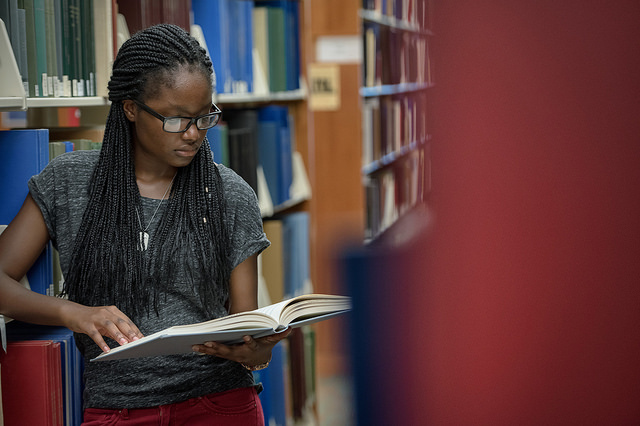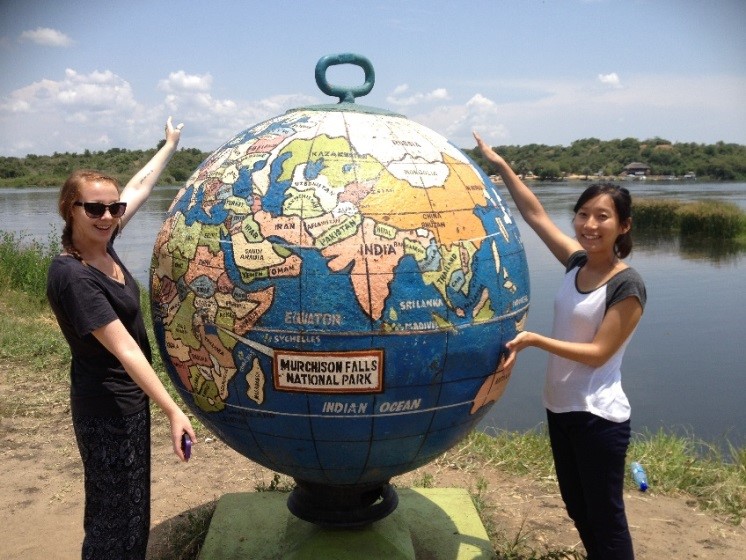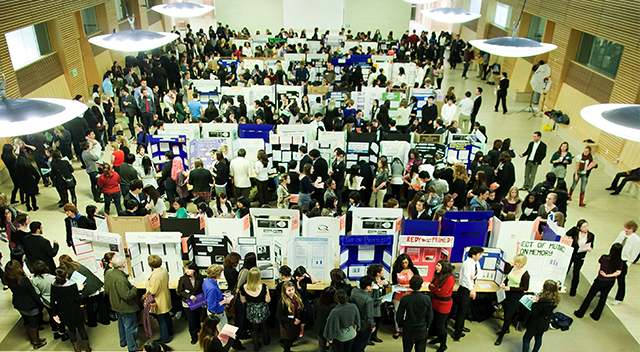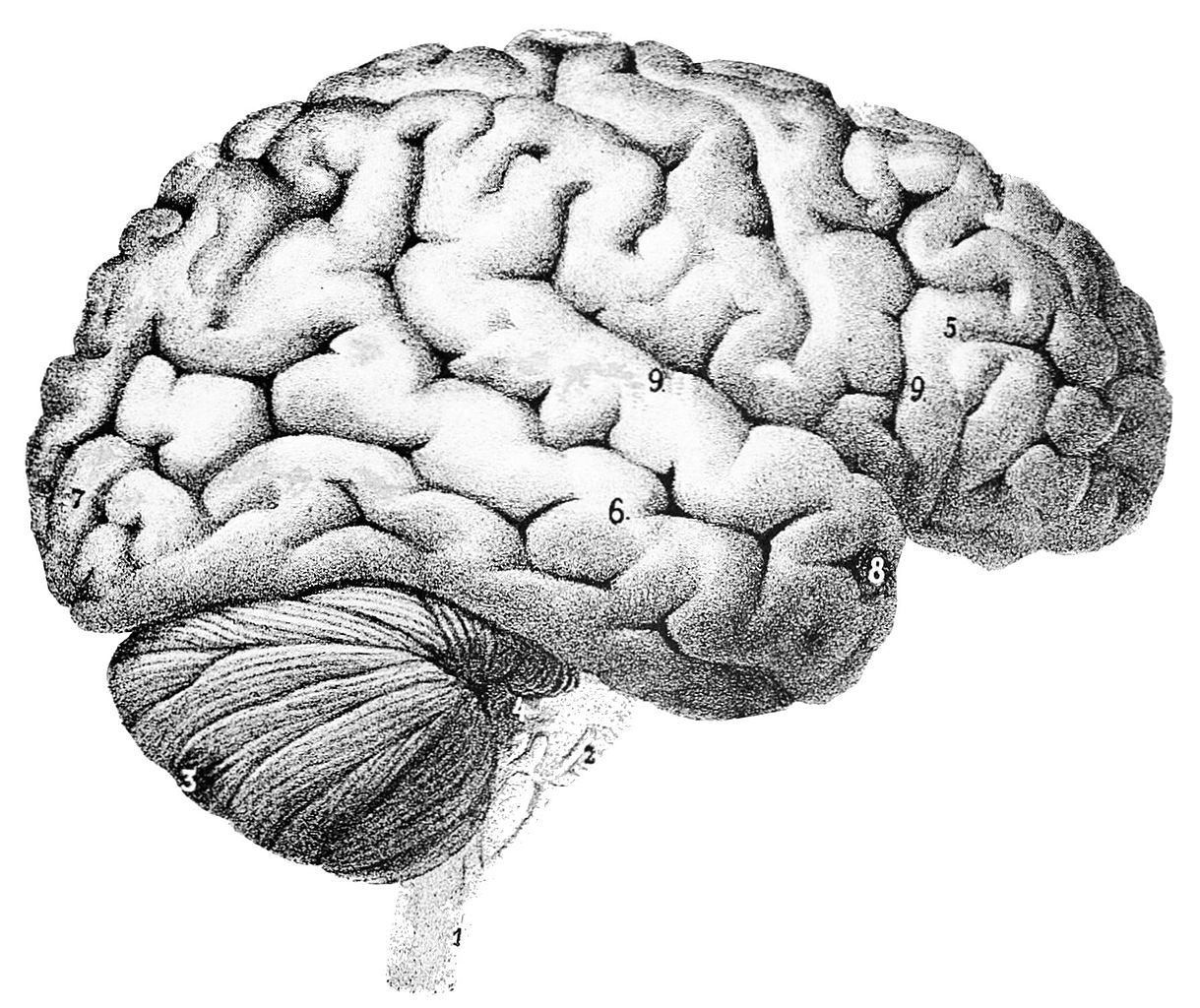As a learner and student, the question would ring up again whenever I succumb to simultaneous mind-wandering and self-reflection mode – what can I do with just a bachelor’s degree in psychology after graduation? It has been very clear that despite the popularity of the psychology major in universities, there are limited career options for holders of only an undergraduate degree in this discipline.
Category Archives: Psychology
Gender Gap: Expectations that have not changed
By Rowena Kong
The topic of the gender gap in salary earnings and involvement in STEM (Science, Technology, Engineering, and Mathematics) occupations is one of those most talked about in the media and academic literature. We’ve seen progress over the years, but have we advanced as far as we think?
Rural-Urban Living and Depression
By Rowena Kong
When it comes to the risk of having depression, does the setting of one’s residence and community make a difference?
Self-Affirmation and Reward Processing: An Association Waiting to be Explored Further?
By Rowena Kong
Most of us would likely remember that rewarding feeling we experience each time we receive praise from others or get to own an item on our top favourite list. Continue reading
Psych 417A: From a visitor to part of a community
By Jasmine Roh and Samantha Montgomery
WHO, WHAT, WHERE and WHY?
Having to sum up the experience of Psych 417A proves to be a difficult job as our words may not do real justice to how much we’ve actually seen, learned and experienced through the class itself and the 3-month internship. Continue reading
East Asians and Depression

By Rowena Kong
The difference in rates of depression between East Asians and North Americans has long attracted research which led to many possible explanations for such findings. According to a summary study by Weissman et al. (1996) which analysed the rates of major depressive disorder in different countries based on community surveys,the prevalence rate of Taiwan stood low at 1.5% for every 100 people while that of Korea was a close 2.9%. Continue reading
Introducing a new PSYC 417A blog series!
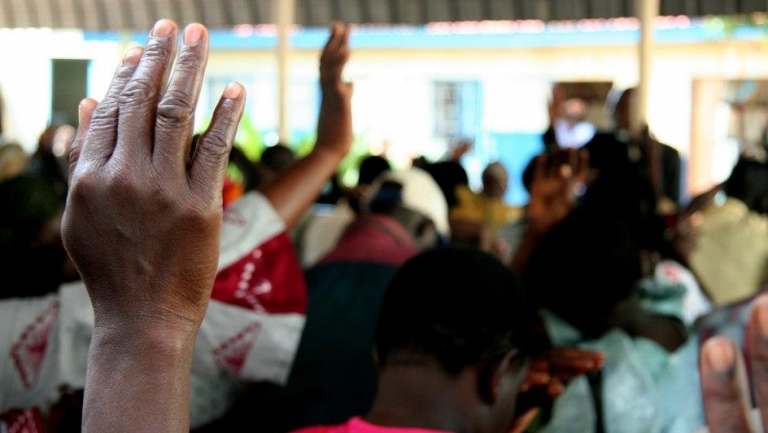
Photo credit: Dorcas Lee
By Dr. Sunaina Assanand and Benjamin Cheung
An important goal of education is the application of knowledge to social change. Typically, however, students are presented with limited opportunities to contribute to social change over the course of their education. For the past three years, UBC’s Psychology Department has offered an International Service Learning course that empowers students to act as agents of social change. Continue reading
Tweet Your Knowledge
By Benjamin Cheung
Imagine – you’re walking with a friend on the street when, suddenly, a wild spider appears! Your friend, who has arachnophobia, screams at the spider. It wasn’t very effective. The spider stands its ground, staring back at your friend, whose heart rate increases, palms get sweaty, and pupils dilate.
If you weren’t a psychology student, the story might end with either a callous laugh from you, or some empathetic comforting. Continue reading
The Poster Session
By Samantha Yang
On the Friday evening of the last day of classes, many students were out celebrating and toasting the end of the term. But not us diligent Psychology 217 students.
Want to do something good for your health? Try being generous

By Ashley Whillans, University of British Columbia
Every day, we are confronted with choices about how to spend our money. Whether it’s thinking about picking up the tab at a group lunch or when a charity calls asking for a donation, we are faced with the decision to behave generously or not.
Connecting Schizophrenia and Behavioural Variant – Frontotemporal Dementia(bv-FTD): The Feature of Hypofrontality
By Rowena Kong
Research has noted that there are sex differences in illness onset, outcome, and the type of symptoms experienced by schizophrenic males and females. Studies have shown that schizophrenia begins at an earlier age for men Continue reading
Intuition and Science – Can they agree?
By Rowena Kong
In the realm of science, we ask questions to seek answers and in order to obtain answers, we go through the structured, systematic and sometimes considerably lengthy process of research planning, design, experiment implementation, data collection, analysis of results and further thought-generating discussions to arrive at a supported conclusion of our starting hypothesis. Continue reading


 Follow
Follow
